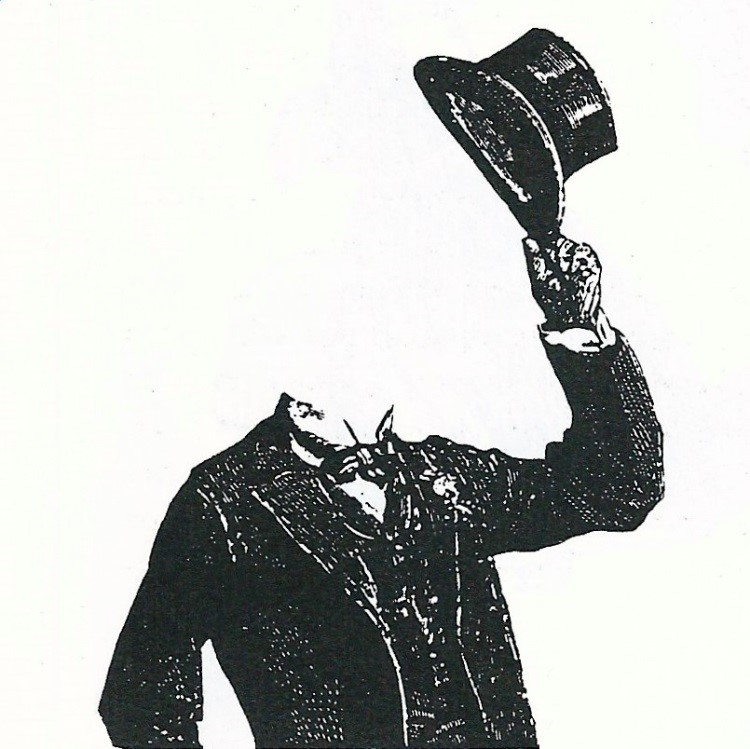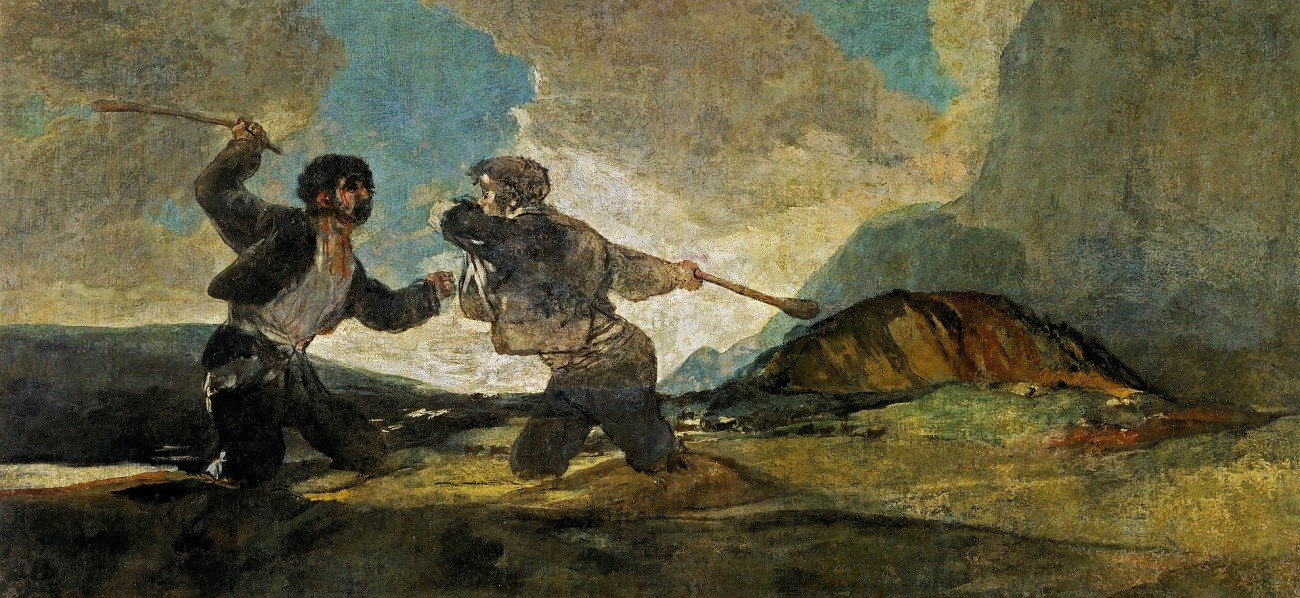"Its successful transition from a long dictatorship into a modern European democracy in the second part of the 1970s turned Spain into a role model for future regime-changing countries."
However, the smoothness of the process was only accomplished by means of a carefully bargained Amnesty Law (1977), which granted criminal immunity to the outgoing authoritarian ruling caste: the price paid for the establishment of the current Spanish state was absolute muteness about the human rights and humanitarian law violations committed throughout the Civil War (1936-1939) and the subsequent dictatorial period of Francoism (1939-1975).
 Yet, since the turn of the century, associations of victims have actively claimed for a comprehensive response to their so-long silenced suffering in an attempt to put an end to a deeply-rooted collective amnesia. Such efforts culminated in the adoption on 26 December 2007 of the Spanish Law of Historical Memory by Zapatero’s socialist government, a long-awaited instrument through which public institutions explicitly acknowledged for the first time the country’s pending issues with its past by providing a legal coverage for the implementation of measures largely aimed at social redress and the peace of mind of victims and their descendants.
Yet, since the turn of the century, associations of victims have actively claimed for a comprehensive response to their so-long silenced suffering in an attempt to put an end to a deeply-rooted collective amnesia. Such efforts culminated in the adoption on 26 December 2007 of the Spanish Law of Historical Memory by Zapatero’s socialist government, a long-awaited instrument through which public institutions explicitly acknowledged for the first time the country’s pending issues with its past by providing a legal coverage for the implementation of measures largely aimed at social redress and the peace of mind of victims and their descendants.
10 years afterwards, little has been actually achieved towards any post-transitional justice process in Spain. A flawed but promising path towards the recovery of historical memory has so far not been able to address sufficiently the unremitting and entrenched fragmentation between the two Spains of old. Its short-lived impact might now be tested at a time when Spain seems once again on the verge of societal fracture in view of current secessionist claims raised by the Catalonian regional authorities and of their somewhat sloppy handling by the central government in Madrid.
Enacting Impunity: the Amnesty Law (1977)
On 20th November 1975, General Francisco Franco died after almost 40 years of authoritarian ruling. In his new capacity as Head of State, his successor King Juan Carlos I opted for leading a transition process towards a fully operational democracy, and pressured thereby the last Francoist cabinet into holding the first free elections in Spain since the overthrow of the II Spanish Republic (1931-1939).
As a conditio sine-qua-non for making way to the long-awaited democracy, in 1977 the newly elected Spanish Parliament immediately addressed the past in a unique way: the representatives decided to bury it altogether –or to keep it buried, more accurately. Where traditional (post-)transitional justice discourse allows for either confronting or forgetting, Spain deliberately chose the latter, a unanimous agreement which would be known as the Pact of Oblivion.
The rationale behind this Pact was in line with the ultimate objective of the Spanish society and its ruling class at the time. The agreement was based upon the notion of shared guilt, resting on a version of Spanish history that conceives the Civil War as a conflict between two Spains (Republican and Nationalist), in which atrocities were committed on both sides and victims abounded on an equal footing; this theory of symmetrical guilt could be found in high school textbooks well into the 1990s. Consequently, war is best forgotten, as it is to be considered a regrettable event of collective madness. This markedly biased viewpoint was the price to be paid in order to placate the political right as heir to the Francoist regime, and to eventually achieve a democratic state.
The legal foundation of the Pact of Oblivion was the Amnesty Law passed in 1977, a rare combination of a negotiated and non-qualified law, an outcome which has been termed as the third route towards impunity. Indeed, the representatives of an incoming democratic regime reached consensus on accepting an unconditional type of amnesty law which would block any attempt to redress human rights and humanitarian law violations committed in the previous 40 years: full immunity was thus sanctioned against all criminal offences, including immunity of public officers and immunity towards crimes against humanity.
New Chance for Remembering: the Law of Historical Memory (2007)
In December 2007 the Law of Historical Memory was adopted by the Spanish Parliament. The very much-anticipated act gave recognition for the first time not only to victims of the Civil War, but also those of the dictatorship period, and even of the first years of the transition. In short, the Law aimed at bringing visibility to victims by explicitly addressing the suffering of the defeated, while making the memory of the defeaters disappear from public life. However, it cannot be understood as a memory law stricto sensu, in so far as it does not impose or even support a particular reconstruction of history, but it merely deals with certain (and definitely not all) consequences derived from the Civil War and Francoism.
Not unexpectedly, the Law was fiercely criticised by the conservative right, which warned about the risk of opening old wounds and destabilising the present, long-fought democratic system in Spain as a whole. It was similarly censured by some left-wing parties, for not addressing some critical issues, such as the siding of the Catholic Church with Francoism or, most relevantly, the failure to reinterpret the 1977 Amnesty Law accordingly and to thereby allow the full effectiveness of the new instrument.
Timid measures were nonetheless enacted and carried out, such as the establishment of a Documentary Centre of Historical Memory; the removal of symbols or monuments exalting the military uprising, the Civil War and Franco’s dictatorship; the creation of a Map of Graves; the issuing of Declarations of Compensation and Personal Recognition; or the facilitation of Spanish nationality to those who had to flee Spain, and to their descendants.
Faltering Memory: A Holey Model of Post-Transitional Justice
10 years afterwards, there is little room left for the Law of Historical Memory to restore or alleviate. On one side, its life came abruptly to an end with the rise to power of the main Spanish conservative party in 2012, which did not derogate the law, but just stopped allocating any funding to the implementation of its provisions, annulling it de facto. In addition, in its short lifespan, the 2007 Law found a hard time trying its best to make a difference on the post-transitional justice spheres of justice and truth, by having to walk around the insurmountable obstacle the Amnesty Law poses.
In fact, the 2007 Law ambitiously laid down that all judicial decisions handed down during the Civil War and the dictatorship were annullable. By not declaring them automatically null and void, a positive action is still required for their formal annulment by the Spanish judiciary, which is precisely the State branch which saw less modifications in its structure and functioning after the establishment of democracy. As a matter of fact, Spanish judges continue relying on an excessively formalistic interpretation of the Amnesty Law, which prevents re-assessment or even mere investigation of instances occurred during the Civil War and the Franco era, on the grounds of restrictive readings of the principles of non-retroactivity, application of the most favourable rule, legal security or time limitation for offences.
With no regard to international human rights and humanitarian law standards advocating for exemption from regular criminal provisions in case of crimes against humanity, the present approach of the Spanish judiciary effectively trumps the victims’ right to justice and right to truth. Interestingly, it is only in Catalonia where the regional Parliament has gone one step further and declared null and void over 60,000 judicial decisions taken under Catalonian jurisdiction during the pre-democratic period.
When it comes to the field of truth, Spain ranks second in the world with the highest number of forcibly disappeared people, only behind Cambodia. It is believed that between 120,000 and 140,000 people still remain unlocated and unidentified. However, little institutional support has been provided for the location and unearthing of the mass graves scattered all across the country’s geography, which has led into a model of privatisation of exhumations, mostly spearheaded by victims’ associations.
Similarly, no official truth commission has been set up in Spain with a mandate to research and inform exhaustively about the human rights and humanitarian law violations that occurred during the Civil War and the Franco era. Several autonomous communities have gone beyond and established public agencies aimed at the recovery of historical memory. In particular, the Catalonian Memorial Democràtic has been very active in collecting and making available testimonies of victims and their descendants through a digital repository, producing an online map of Francoist symbology, as well as working towards the setting up of a DNA bank aimed at more systematic identification of human remains in mass graves.

In a country where a State policy in favour of post-transitional justice is no longer to be found and where victims are understood as right-bearers only second to their alignment to a particular ideology (left, right, republican, monarchic, centralist, separatist, Catholic, non-Catholic), it is to be seen whether the (mis-)management of the historical memory, its differentiated handling from region to region and the societal division underpinning it all are actively fuelled as one additional political weapon in the latest identity crisis Spain is going through. On the contrary, it might as well be further consigned to officialised oblivion, by failing to understand that a continued denial of the right to remember does nothing but dig deeper in a wound that has so far not been allowed to heal properly.
Markel Redondo Ibarrondo is currently a Junior Project Officer at the International Centre for Migration Policy Development (ICMPD). With a keen interest in a broad range of human rights areas from transitional justice issues to international protection and asylum, he holds a LL.M on European Human Rights and Migration Law (Radboud Universiteit Nijmegen) and a LL.M in Public International Law (Universiteit van Amsterdam).
